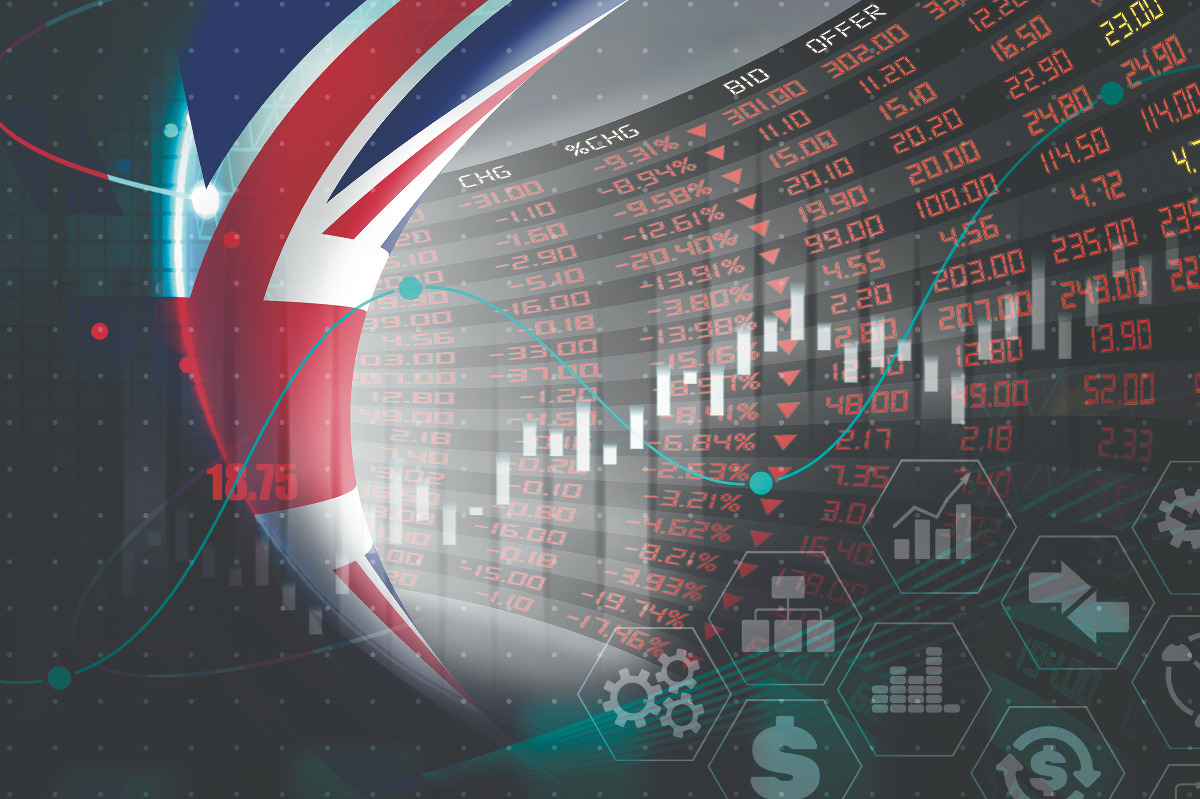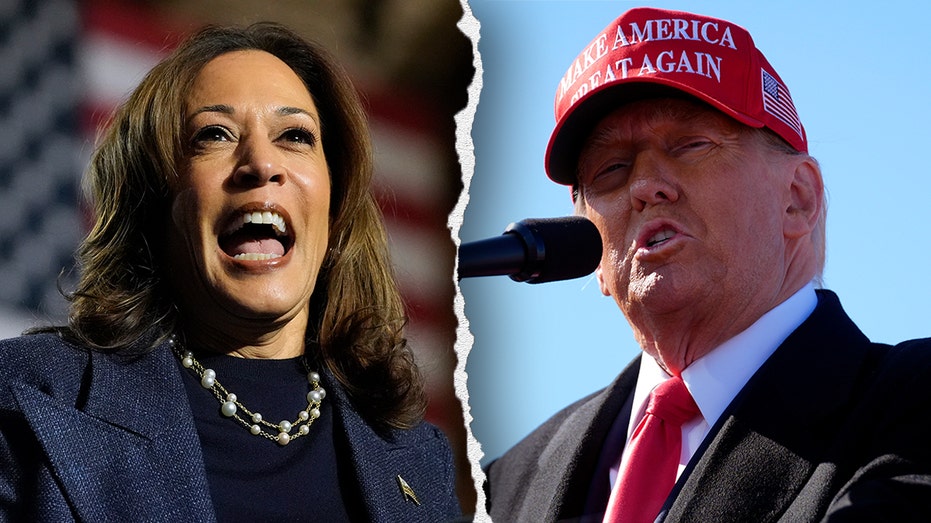FTSE 100 climbs into the green on the back of weaker pound
The shaky start comes amid widespread uncertainty about the path for the global economy in the new year.


The FTSE 100 climbed into the green on the first day of trading in the new year, as a weaker pound boosted the index’s exporters.
Approaching close, London’s premier index was trading around one per cent higher at 8,255.49, although the midcap FTSE 250 was flat at 8,255.49
The strong performance was led by the FTSE’s mining companies, with Endeavour Mining and Fresnillo climbing 4.4 per cent and 4.0 per cent respectively. BP gained 2.6 per cent while Shell rose 2.2 per cent.
These companies were boosted by a weaker pound, which dipped below $1.24 for the first time since April 2024. A weaker pound tends to benefit many of the FTSE 100’s biggest firms, who make much of their income from abroad.
Sterling’s weakness helped to offset broader concerns about the economic outlook in the New Year, which weighed on sentiment in early trade.
Jim Reid, head of research at Deutsche Bank, said that a “big question” for markets this year will be Donald Trump’s approach to imposing tariffs on trading partners.
“We’ve already seen markets react in response to Trump’s social media posts, having discussed new tariffs on China, Canada and Mexico. But it’s still an open question as to whether various deals might be reached with other countries to avoid higher tariffs,” he said.
“There’s the potential for a significant shift in global trade patterns, and we know from Trump’s first term that markets can be very reactive to any tariff news,” Reid added.
Economic data out from China on Thursday morning showed that the prospect of tariffs was already proving harmful for the world’s second largest economy.
The manufacturing purchasing managers index (PMI) slipped to 50.5, much lower than the 51.7 expected by economists.
“Exports dragged on demand amid mounting uncertainties stemming from the overseas economic environment and global trade,” Wang Zhe, senior economist at Caixin Insight Group, said.
Exchanges in Asia ended the year’s first day of trading lower following the data, with Hong Kong’s Hang Seng finishing 2.2 per cent lower and the Shanghai Stock Exchange down 2.7 per cent.
Another question for investors will be the pace of interest rate cuts in 2025, particularly in the US.
The Fed’s latest projections suggest that there will be just two rate cuts this year, reflecting the strength of the economy and the potential pressures resulting from a Trump presidency.
Markets expect a slightly faster pace of rate cuts, but Reid noted that market expectations had been “too dovish” for the past three years running. “It’s going to be interesting to see if we do get the additional rate cuts that markets are pricing in,” he said.



